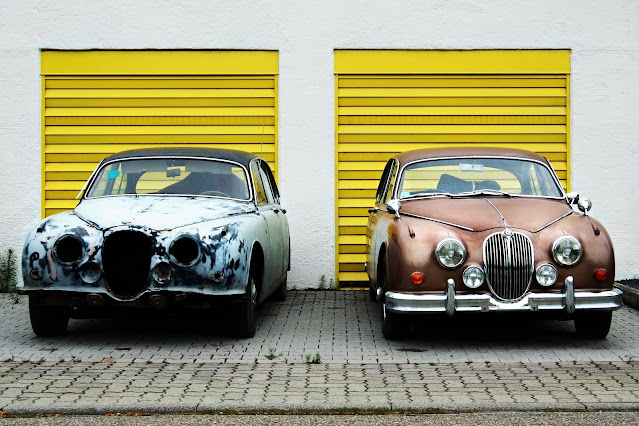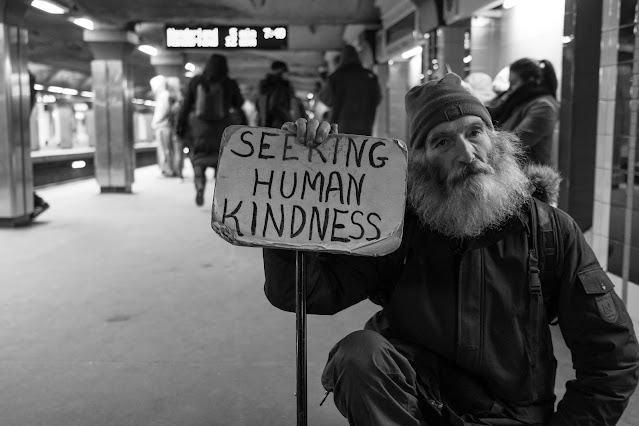Unplug: Why You Should Take an Internet Intermission

I love the internet. I wouldn't have this blog without it. We wouldn't connect via Facebook, Instagram, or email without the internet. The internet makes extensive research easier and opens up tons of news and entertainment options. But we need to get away from the internet sometimes. It's open 24/7/365, and we're not. We can't be. It's too much. We need to take breaks from our phones and computers so we can enjoy real life. And when we get back to our phones and computers, they need to be tools we control , not addictions that control us. Courtney Carver, author of Soulful Simplicity , has made it a goal to unplug one day a week. That's 52 days a year. 52 days a year "to trade what's online for what's right in front of us." She suggests the following strategies to reduce internet dependence. 5 steps to an internet intermission 1. Schedule it. Pick a 24-hour block that works well for you. ...









